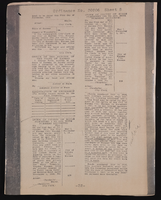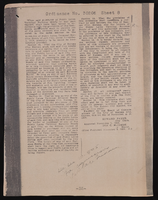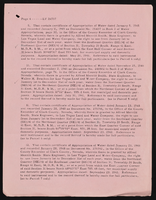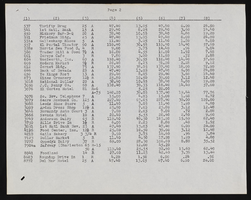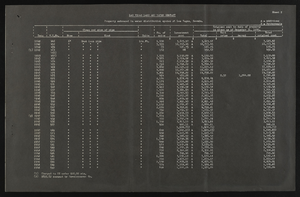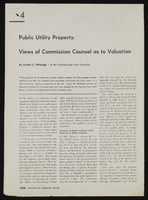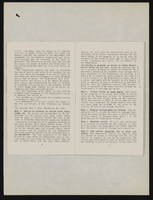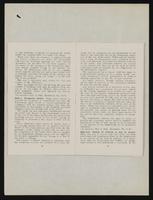Search the Special Collections and Archives Portal
Search Results
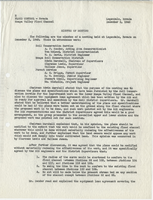
Meeting minutes regarding a Moapa Valley flood channel, Logandale, Nevada, December 5, 1940
Date
1940-12-05
Archival Collection
Description
Minutes of meeting of agencies involved in the work to improve the Lower Moapa Valley flood channel.
Text
Pagination
Refine my results
Content Type
Creator or Contributor
Subject
Archival Collection
Digital Project
Resource Type
Year
Material Type
Place
Language
Records Classification

